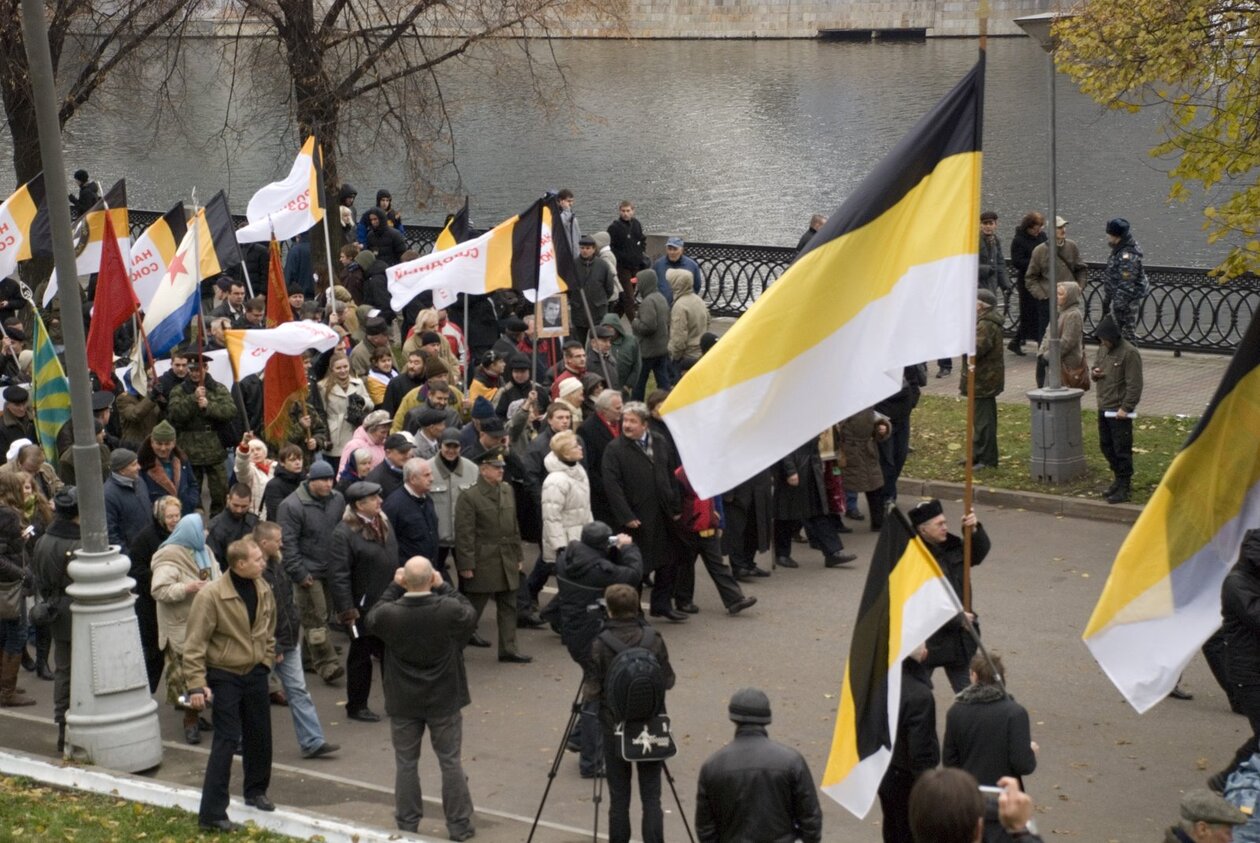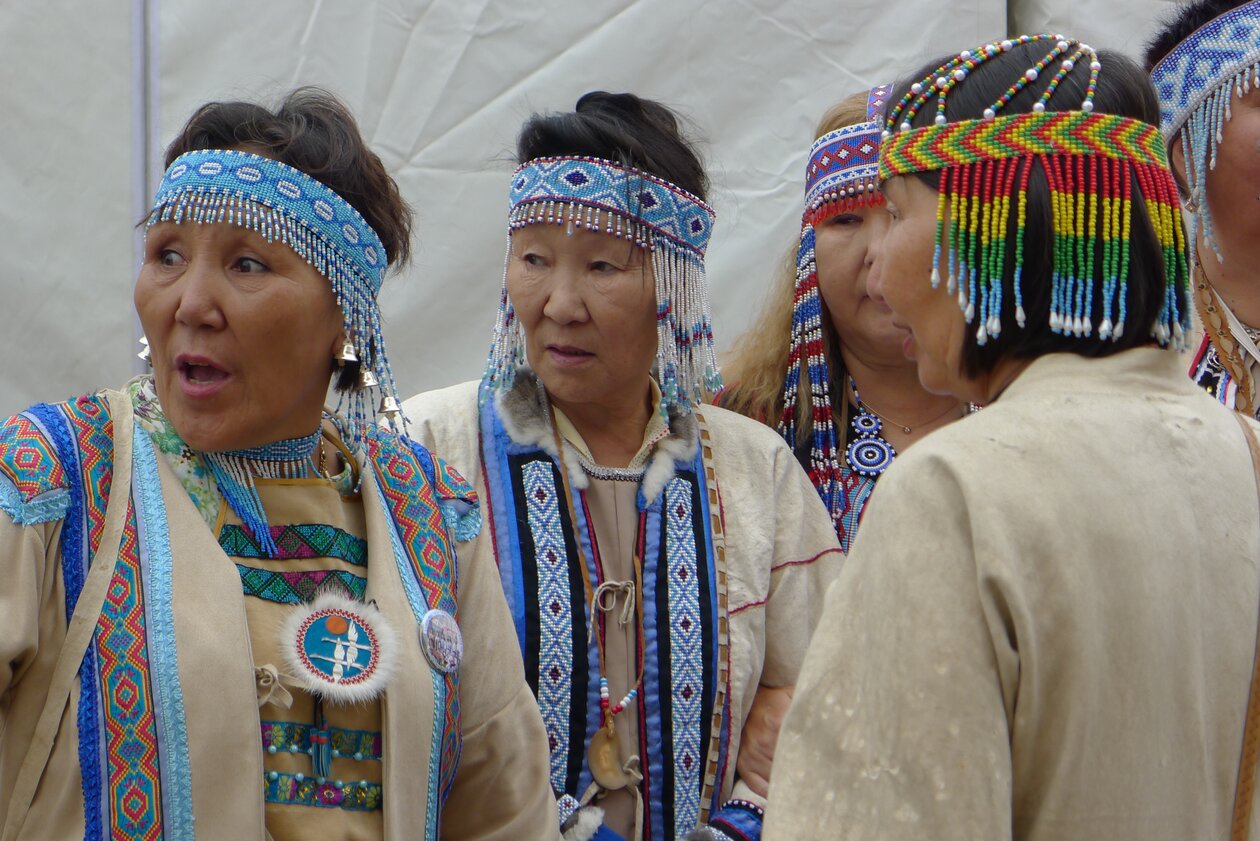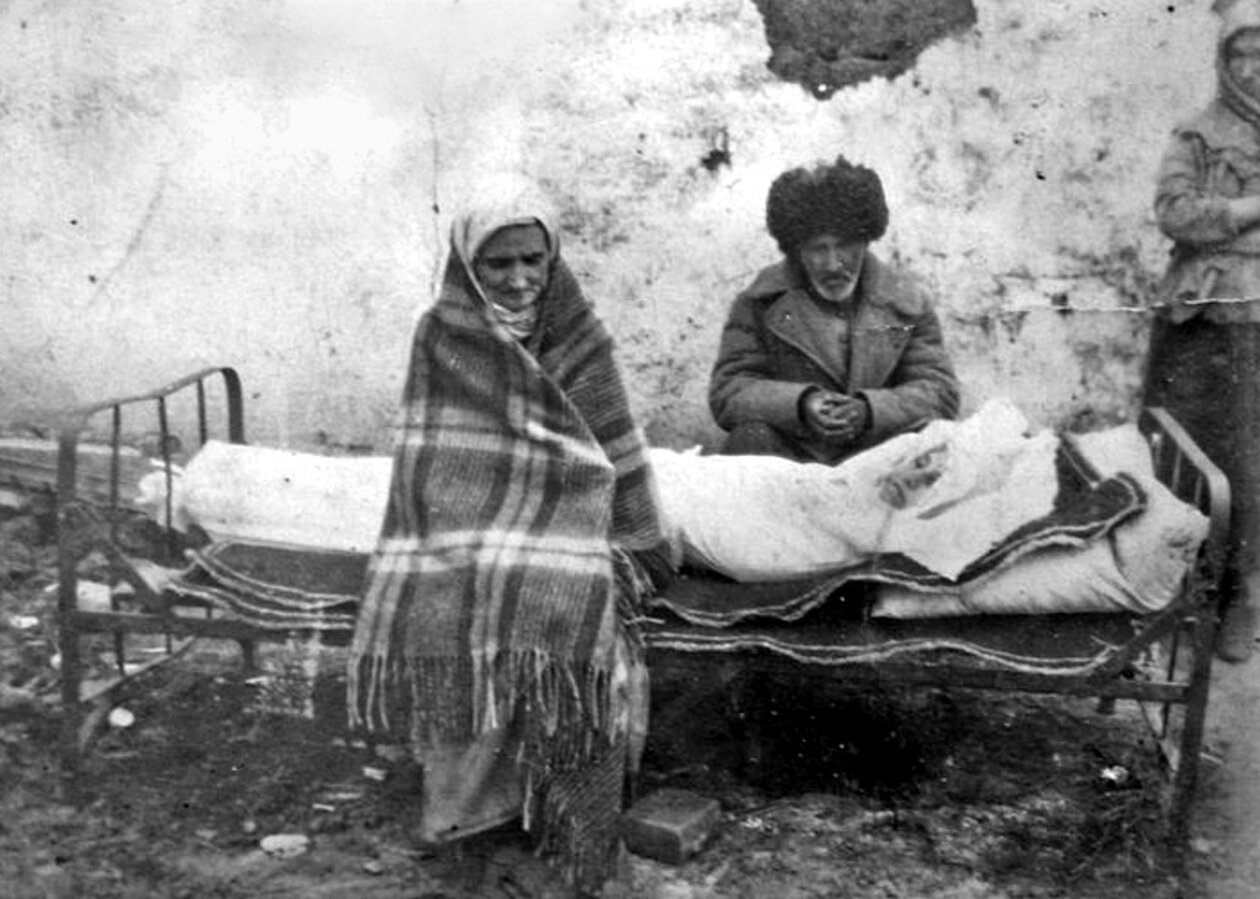«There is No Other Way but to Decolonize Russia»
The European Resilience Initiative Center interviewed the un|rest group, an informal anarcho-feminist anonymous collective dedicated to the decolonization of Russia.
– Why is the topic of the decolonization of Russia so important to you?
For a longer time, we tried to imagine any realistic scenario for the decolonization of russia [here and further in the answers spelling by un|rest group is used – ERIC], and now we think that the only functioning and promising scenario for peace and democracy is a collapse of russia. After russia began its full-scale invasion of Ukraine on February 24, 2022, there is no other way left. The current russian-Ukranian war is a colonial, imperial war. Unfortunately, most of the russian opposition does not acknowledge this fact even after over a year of the full-scale invasion. This is a frightening disregard for reality, an outright rejection to take responsibility for the country’s past deeds. The only alternative to such behavior is decolonial movements.
– Is there a common understanding of this need to decolonize Russia?
No, not even outside of the country. What also upsets us is how the West perceives the russian opposition. European media and politicians need to listen and support the decolonization movements, which originates from the Republics in the current borders of russia, colonized lands, Indigenous people, whose voices are mostly silenced. But we only see how white, liberal, mostly male oppositioners, spreading a narrative of the russian integrity. This make a process of decolonization of russia ungraspable to a broad public. Many people in Berlin, for instance, have never even thought about how many ethnic groups are living within russia. When this basic knowledge is missing, how can we talk about russia’s decolonization in detail? At the same time, there are some positive aspects appearing nowadays. We see a lot of solidarity in decolonial movements from people coming from Central Asia, Belarus, Ukraine, and other countries.

Russian nationalist opposition marches against Putin under "Russian Imperial flags" and a Soviet Navy flag in Moscow. CC-BY-SA-3.0,2.5,2.0,1.0; Released under the GNU Free Documentation License.
– Have you found any major opposition groups that support your idea?
No, and it roots back to how such groups envision a possible dissolution of the russian federation. They are picturing russia’s dissolution not into multiple independent national autonomies, but into larger regions ruled by oligarchs. Liberal opposition activists, even those who advocate for the breakup of russia, are not interested in the fate and rights of Indigenous peoples. They are interested in finding allies among regional elites, in building new power verticals, this time on the regional level. Decolonization and liberation of Indigenous peoples frighten both the liberals, as it undermines their desire to control new autonomies, and the leftist organized opposition, who sees it as nationalism.
– Interesting! Traditionally, left-leaning political groups support decolonization processes.
russia's leftist opposition has no decolonial agenda for its domestic policy. It has nothing against the imperial russian project. Most of russian leftist movements are closely connected to the current presidential administration: they are interlinked via multiple friendships, many of them have also been established or supported by the Kremlin. In 2014, many of left-leaning opposition leaders publicly supported russia’s colonial project of so-called Novorossyia [A Russia-subordinate project in eastern Ukraine, – ERIC]. This is one of many examples of blindness among the russian opposition. While russian liberals ignore problems of the capitalist russian society, the income gap, exploitation of people, the russian left ignores the totalitarianism of the USSR and other similar communist projects. They are obsessed with the idea of declaring war against capitalism and do not think about anything else. Likewise, the left indiscriminately rejects any notion of nationalism, including the creation of new countries. But we see that it is nationalism that gives the Ukrainians their strength to resist and fight against the russian oppression! Similarly, Indigenous peoples of the russian federation can only rely on nationalism in their struggle against colonizers. Needless to say, nationalism can be dangerous and can take unsavory forms. But there is no other way now. Decolonization of russia is possible through the appearance of a long history of oppression of different ethnic groups and Indigenous peoples.

Yakut women wearing national costumes in Yakutsk. Photo: HalanTul, CC-BY-SA-4.0
– One can imagine that this opinion is not particularly popular in Russia, is it?
Regional and decolonial activists in russia are currently massively discredited, also by leftist movements. At best, there is support at the level of manifestos, but no real concession of mouthpieces for broadcasting.This is a pure fallacy: first it is claimed that the division of people into ethnic groups is an instrument of oppression; hence, people should give this notion up. Consequently, since there are no ethnic groups, there is no right to self-determination, to ethnic culture, to independence. Effectively, it means that an individual simply does not exist.
– Just as women are being told that, since men and women are equal before the law, women do not need to talk about their needs and interests.
Exactly! Ultimately, it is a question of power. Whoever has power can declare other people non-existent, silence them. What we are fighting for is a non-violent society, in which people can define themselves and can self-govern. This is why we think that a decolonial movement should be an anarchist movement as well.
– Does decolonial activists have supporters outside Russia?
We see great solidarity with the ideas of decolonization of russia from our colleagues from Kazakhstan, Uzbekistan, Belarus and other countries of the former USSR, which have the experience of colonial policies and anti- and decolonial resistance. Solidarity comes from everywhere. For example, when russia’s government announced the mobilization campaign, Mongolia welcomed many people fleeing from adjacent border regions of Tuva and Buryatia of the russian federation. There were no usual support statements from public officials, as many Central Asian countries depend vastly on russia. But their solidarity was visible at the practical level. In addition, a large number of journalists and researchers from Kazakhstan and Kyrgyzstan report about russia’s war in Ukraine. We also notice changes in the civil societies in Armenia, Georgia, especially among feminist groups. These social processes are getting stronger, but they need time to ripe.

An Ingush family mourning their daughter in Kazakhstan, amid deportation of the Ingush people. 1946, unknown author. Public domain
– It seems like this solidarity movement is limited to those countries which experienced Russia’s colonialism themselves?
For the time being, we can see that it is. In Germany, for example, left-leaning organizations are still fascinated by the Soviet Union, and this is a disgrace to the whole left movement. Soviet secret services clearly have done a great job in Germany, because one is still confronted with a constant reiteration of Soviet myths in the country. Also, many russian colonial practices are not seen as part of systemic colonialism, but as isolated manifestations of racism. This is a mistake. For example, staticstical data of mobilization shows that russia predominantly targets Indigenous peoples with its mobilization efforts. This is a systematic practice of colonialism, but even those who escaped it do not often see the systematic nature of this practice.
– There are members of the indigenous groups of the Russian federation who are currently fighting in Ukraine against Russia as members of volunteer units. Can this movement help decolonization?
These volunteer units differ significantly in their level of military training and preparedness. Units comprising people from Chechen Republic, Belarus and Georgia are extremely effective and combat-ready, because they already have fighting experience with russia. But one should not seriously expect the emergence of any considerable Tatar or Buryat opposition military battalions. We assume that the massively promoted Legion Free russia [A military legion in the Armed Forces of Ukraine, – ERIC] was created mostly as a propaganda tool. It is a buffer organization where those russian nationals could enroll who were unable to join either the Ukrainian army or any territorial defense unit.
– What other tools can support Indigenous peoples in Russia?
All means that help enhance these peoples’ voices: art, science, creation of scientific and cultural platforms, exchange of activists. Such initiatives are impossible currently within russia, but this community could be maintained digitally through a common language. We are currently witnessing a Renaissance movement reflected in a rising interest in local languages. This is part of a process of reclaiming, re-appropriating one’s identity. Largely, it is a means of sublimation to re-route political activity into culture, language programs. Still, it has its positive effect. Making up dictionaries, holding language conferences helps strengthening nations. One activist close to our movement described how she experienced political catharsis as she was translating an anti-war manifesto into her native language. She used her language to make a political statement for the first time in her life. A language that until then had only been used for strictly private purposes as a family language, never to be used as a political tool in public sphere.
– Thank you for this interview!
Did you like this article? Donate and support the European Resilience Initiative Center: